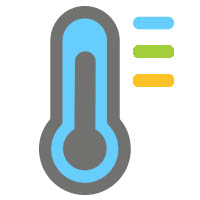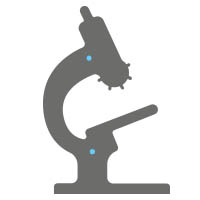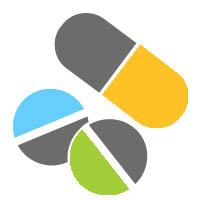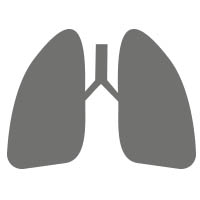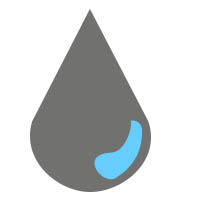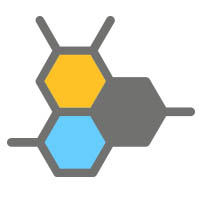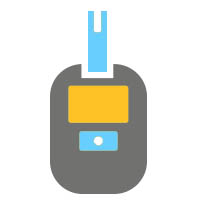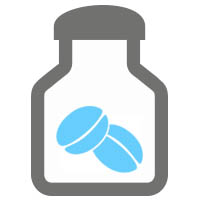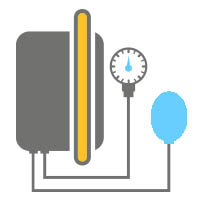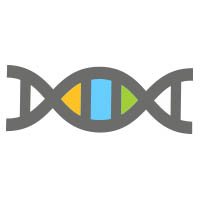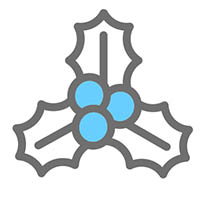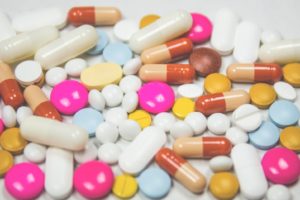Cells Therapy in Cancer Treatment
There are several different therapies under the definition of cell therapy. They are called “Cell Therapies” as they involve the intervention and participation of healthy cells or “redesigned” cells, to help restore the immune system and enhance the body’s general energy in fighting the disease. Different cell therapies are conducted in cancer integrative clinics, and one would be chosen over the other depending on the condition of the patient and the overall therapy he or she is getting at the clinic.
Dendritic Cells Vaccines
Personalized vaccines developed from the patient’s own blood cells, to stop the cancer process from spreading in the body. The vaccine is made from the extraction of the dendritic cells of the patient, to better expose the cancer cells and make the immune system become aware of them – so it can destroy them. Dendritic cells also function by stimulating the immune system in producing more T-cells, which help fight cancer and viruses.
In this process, blood is being extracted from the patient and sent to a lab. The mature and immature dendritic cells are being isolated in a special technique, in which they shall go through a process of maturation and re-activation in a supportive nutritional environment. The process of boosting the cells and preparing the vaccine takes usually one week. Then, inserted back to the bloodstream over an IV, those new empowered cells can now better detect, entrap, and expose the tumor cells to the immune system in every stage of malignity. This process would also help restore the immune system and stimulate other white cells. Another great advantage to this process is that the body does not reject the vaccine and does not show any side effects, as the vaccines are extracted from the patient’s own blood, they are non-toxic, sterile, and customized to the patient’s own tumor.
Dr. Vasquez from IBC Hospital, Tijuana, explanation about dendritic cell vaccines and how are they helpful in fighting cancer.
Mother Cells / Live Cells Therapy
The medical use of fetal cells and animal tissues (usually sheep and cattle) had begun in Switzerland in the late 1930s. Paul Niehans, M.D., used it on his patients in order to stabilize the immune system and achieve health benefits in chronic patients.
Modern medicine has improved the ability to extract and conserve cells, as well as to extract cells from particular tissues, such as the Thymus gland (which serves a vital role in the training and development of T-lymphocytes or T cells). This type of treatment is conducted in most cancer clinics in Tijuana, for immune system augmentation and overall improvement of the patient’s condition.
Stem Cells Therapy
Stem Cells are involved in the maintenance of tissues and organs during our entire life. They have two main important qualities: Self-renewal and Potency. Self-renewal means these cells can multiply themselves an endless amount of times, producing more stem cells. They can be added to any organ or tissue, and produce more stem-cells that would be functioning as this organ’s or tissue’s own cells. Meaning, stem cells can connect to any tissue and generate more of it by reproducing more cells of this same tissue or organ. The process is called “transplant”, just like organs transplant, only with cells. These cells have the capacity to transform themselves into specific cell lines, and therefore replace damaged tissue and improve its function.
Stem Cell Transplant (SCT) or Autologous SCT is available since the late 1950s and can be found in most modern hospitals that treat degrative and chronic diseases. Autologous STC can play a major role in re-balancing and reconditioning the immune system, which is a key factor for stabilization and healing. There used to be an assumption that stem cells were only found in the fetal, but today it is known that our body keeps producing stem cells during our entire lives, and this is what allows itself to always renew.
The first Stem Cells Transplants were allogeneic, meaning, they were taken from a donor, with all the implications this kind of process has to deal with (same blood type, preventing the rejection of the implant by reducing immune system reaction, and so on). In the process of Autologous SCT, stem cells are being taken from the individual’s tissue, processed in order to be re-administrated, usually intravenously, to the infected organ of this same individual. This process is solving many issues doctors and scientists had to deal with when operating an allogenic STC. When taken from the patient’s own tissues, there is no risk of the body to reject its own cells, the donor-recipient match is not required, no ethical concerns regarding the use of human embryonic tissues, no tumorigenic risks, and so on.
The transplanted cells show anti-inflammatory activity as well as immune system enhancement. There are several ways in which the cells can be taken from the patient’s tissue/ blood, and later on, isolated and processed:
Hematopoietic Stem Cells – Extracted from the patient’s blood, isolated in a lab from the other blood components, and administrated back to the patient.
Bone-Marrow Stem Cells – The bone marrow is a rich source of quality stem cells, it has them with abundance and using this source has usually very high efficiency in the treatment.
Mesenchymal Stem Cells – Can be extracted and isolated from body tissues such as bones, body fat (liposuction procedure would be required in that case), umbilical cord blood, and during bone merrow process.
In all of the above processes are isolated, processes and nourished, and in most cases re-administrated intravenously. The type would be decided by the medical doctor conducting the process, according to the patient’s condition.
Stem cell transplant is considered to be a rather expensive treatment in most parts of the world (other than Mexico and several medical tourism hubs in Asia).
Information Source: The BioCare System, IBC Hospital, Tijuana.
For further reading sources, please visit:
